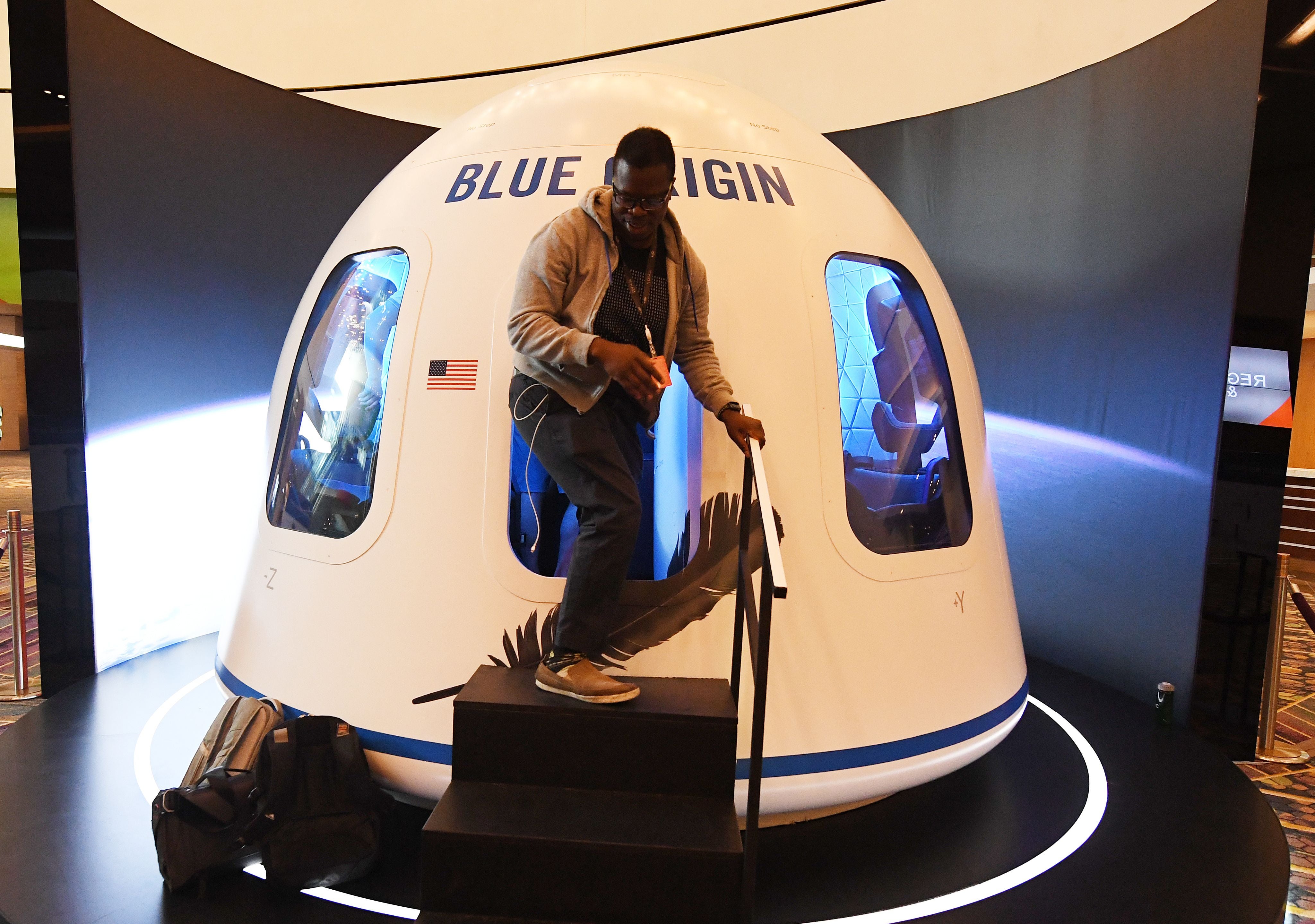Why is Blue Origin investing on AI Talent
- By AIM Research
- Published on
Blue Origin is pioneering space exploration with advanced AI technology, aiming to make space travel accessible and sustainable.


Blue Origin, is an American aerospace manufacturer, government contractor, launch service provider, and space technologies company headquartered in Kent, Washington. Founded by Jeff Bezos in 2000, Blue Origin is dedicated to making space accessible through the development of reusable, safe, and low-cost space vehicles and systems. The company has made significant strides in space exploration and technology, employing an incremental approach from sub-orbital to orbital flight.
Blue Origin’s commitment to advancing space exploration is evident in its job listings, which include positions in the Space Systems Development (SSD) business unit. These roles span various engineering and AI disciplines, focusing on the next generation of space vehicles and systems. Here are some insights into these jobs:

Blue Origin is not just about exploring space; it’s about making space accessible and sustainable. By investing in AI talent, the company aims to revolutionize space travel and systems development. AI plays a crucial role in several areas:

Blue Origin has made significant advancements under the leadership of its visionary team. The current CEO, Dave Limp, has steered the company towards its ambitious goals, building on the foundation laid by predecessors like Rob Meyerson and Bob Smith. The company’s leadership emphasizes the importance of integrating AI and cutting-edge technology into every aspect of space exploration.

As an Avionics Software Architect, employees at Blue Origin are responsible for designing and guiding the development of sophisticated avionics software systems for space applications. Their roles involve supporting proposals and prototype development while incorporating the latest advancements in AI to enhance system capabilities. Working closely with cross-disciplinary teams, they bring a strategic vision and expertise in avionics architecture, software engineering, and AI to design systems for the next generation of spacecraft and satellites.
The SSD Formulation team at Blue Origin employs a fast-paced agile process to rapidly address early formulation work through a series of three-week sprints. This position helps lead assignments in this dynamic environment as well as being an active participant. To be successful, one must embrace the right culture of bias for action while quickly delivering results. The decisions made early on will set Blue Origin up for long-term success. It also requires comfort with ambiguity and an ability to find a path forward.

Blue Origin’s job listings include various roles that are critical for advancing its AI and space exploration capabilities. Here are a few notable positions:

Blue Origin’s investment in AI is not just theoretical; it is practical and impactful. Here are some case studies highlighting AI applications in space systems development:

Blue Origin’s journey from its founding by Jeff Bezos in 2000 to becoming a leader in space exploration is marked by significant milestones. The company has developed and launched multiple rockets, including the New Shepard and New Glenn, and is a key player in NASA’s Artemis program. Blue Origin’s commitment to innovation is further demonstrated by its development of rocket engines such as the BE-3, BE-4, and BE-7, and its partnership with United Launch Alliance (ULA).
The company’s achievements have been recognized with prestigious awards like the Robert J. Collier Trophy for demonstrating rocket booster reusability with their New Shepard Rocket Program. Blue Origin’s incremental approach from sub-orbital to orbital flight has set the stage for its continued success in space exploration.

Blue Origin is at the forefront of space exploration, driven by a vision of millions of people living and working in space for the benefit of Earth. The company’s investment in AI talent and advanced technologies underscores its commitment to making space accessible and sustainable. By integrating AI into its space systems development, Blue Origin is revolutionizing space travel and ensuring the safety and efficiency of its missions. With a diverse and inclusive team of problem solvers, Blue Origin is poised to add new chapters to the history of spaceflight.
